5 Ways to Balance Student Debt with Long-term Goals

If you’re struggling with student loan debt while trying to save for retirement, a home, and other things, you’re not alone.
Most Americans (84 percent) say that student loans are negatively impacting how much they can save for retirement, according to research sponsored by TIAA and conducted by the MIT AgeLab.
In addition, 39 percent of 25- to 35-year-olds who aren’t saving for retirement say that student loan payments are their priority.
Still, there are ways to manage student debt and work toward your other financial ambitions.
- Financial future. Identify your short- and long-term goals – building an emergency fund, paying for a summer getaway, buying a house, or funding retirement.
- Review your fixed costs – student loans, rent, food, and so forth. What’s left? Use the dollars to “feed” your future.
- Emergency fund. Aim to save three to six months of expenses, so you’re not in a crisis if you lose your job or if your car needs repairs.
- If you’re eligible for a 401(k) match at work, contribute enough to receive the full employer match. Consider it free money.
- Regularly add money, even small amounts, toward your other goals. When you don’t see the money, you’re less likely to spend it, so funnel dollars from your paycheck directly to savings every month.
Liberty Bank understands the challenges of student debt and can help you with budgeting and a savings strategy to help you achieve your financial targets.
The Pay Yourself First program lets you automatically save a set amount – as little as $25 per month. Stop by a Liberty Bank branch to open an account or call 773.384.2030 to learn more.
If you’re considering homeownership, contact a Liberty Bank loan officer at 888.LIB.BANK to learn about mortgage options, the approval process, and how much you can afford.



